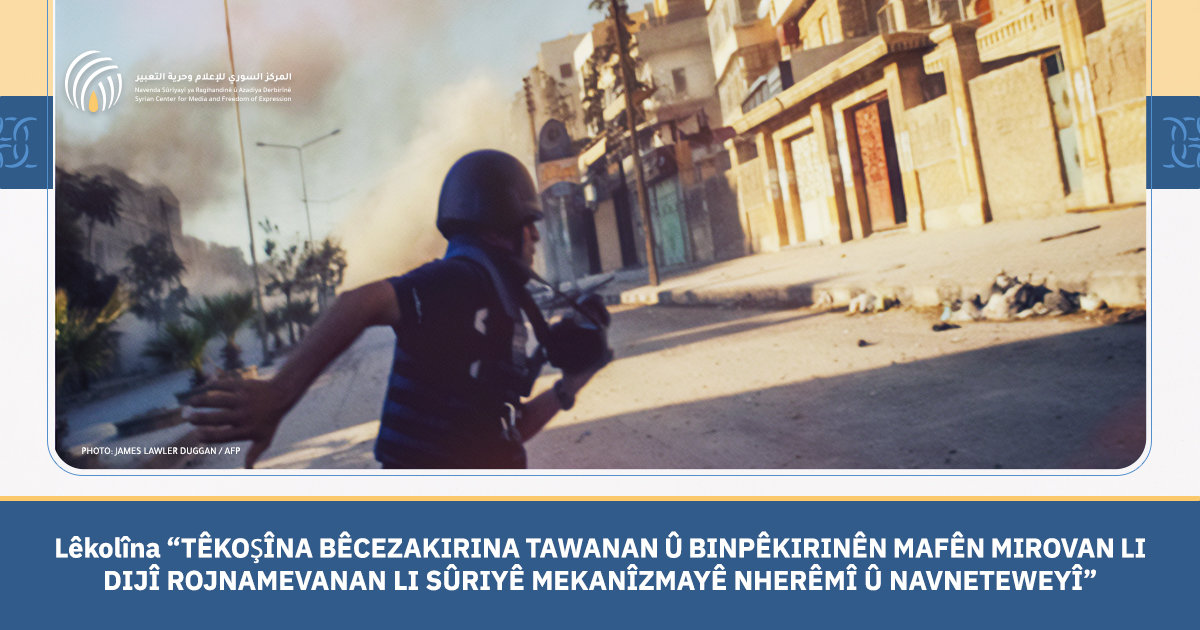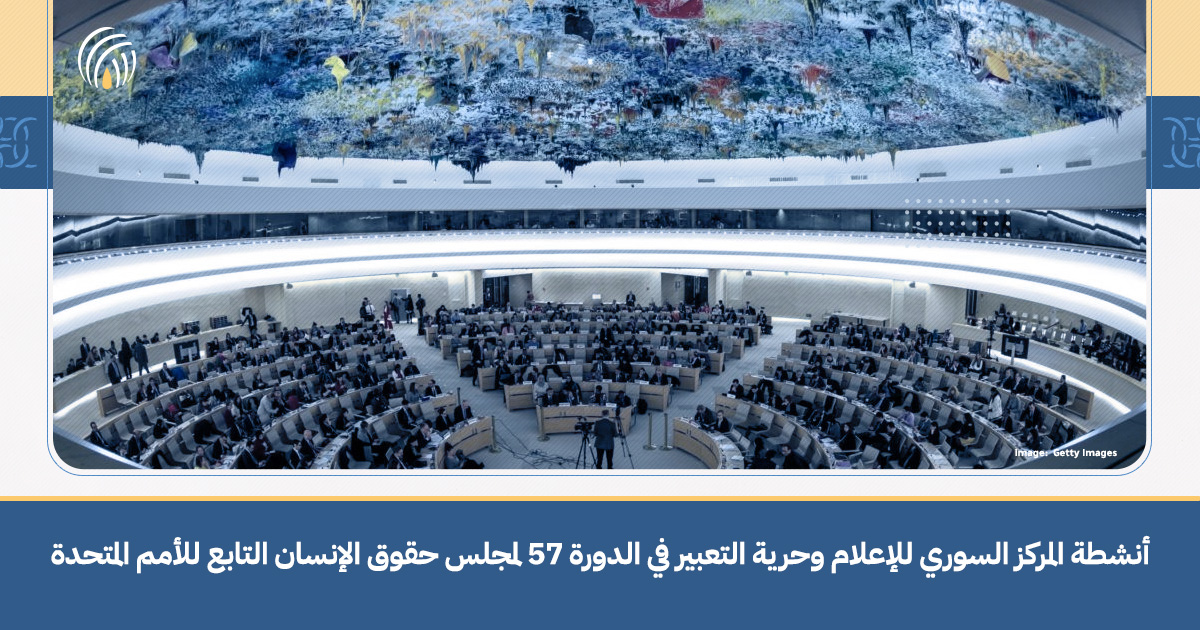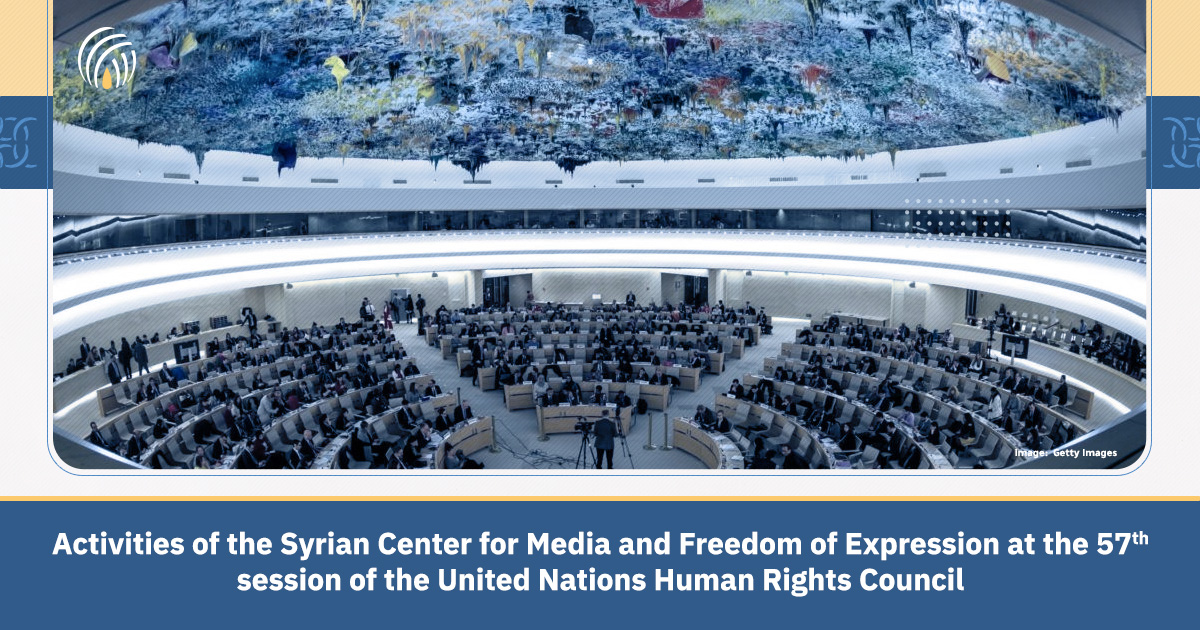New York, December 6, 2011–The Committee to Protect Journalists condemns the targeting of media by supporters of various political factions in Kurdistan. Journalists have been attacked and arrested in Iraqi Kurdistan and six media offices have been attacked in the past four days, according to news reports.
On December 2, rioters set fire to several liquor stores and beauty parlors in the northern city of Zakho near the Turkish border, The Associated Press reported. The ruling Kurdistan Democratic Party, led by autonomous Kurdish region President Massoud Barzani, blamed the opposition party Kurdistan Islamic Union (KIU) and its supporters for the attacks. The KIU denied any involvement.
Over the next three days, mobs torched the KIU offices in the cities of Dohuk, Zakho, and Simel, which included at least six media offices, news reports said. The KIU said in a statement on its website that mobs had set fire to the offices of its satellite TV broadcaster Speda, the KIU website, its affiliate Union TV, and a KIU radio station. The statement also said that one of Speda’s correspondents was injured in the attack.
One local journalist told CPJ that as many as 16 journalists had reportedly been threatened or assaulted for covering the riots. Conflicting reports stated that between six and 10 KIU journalists had been arrested since December 2, but local sources told CPJ that some of them had been released.
“The recent spate of attacks on the press is a part of political score-settling between opposing political factions and their supporters,” said Mohamed Abdel Dayem, CPJ’s Middle East and North Africa program coordinator. “It is incumbent upon Kurdish authorities to prevent additional attacks on media and to ensure that the attacks that have already occurred are seriously investigated. Anything less constitutes an invitation for similar violence in the future.”
Journalists in Kurdistan are frequently subjected to arbitrary arrests, threats, harassment, beatings, or confiscation or destruction of their equipment, CPJ research shows.
Source: cpj.org





